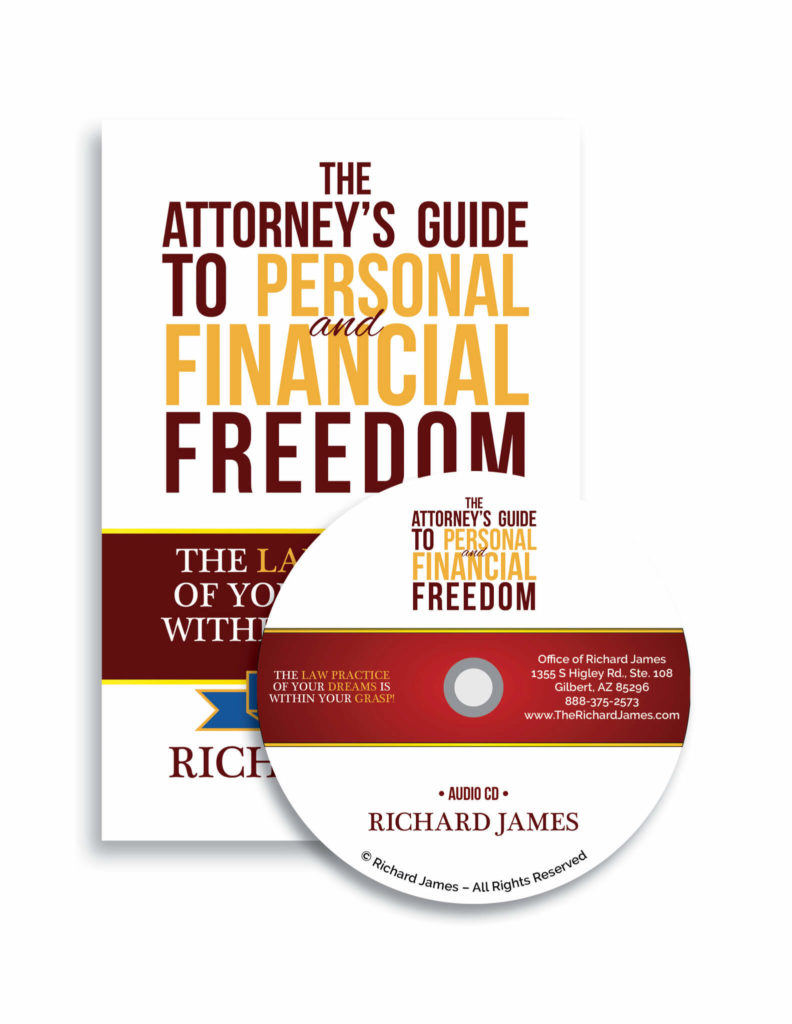When trying to grow any kind of business in the 21st Century, the phrase “Content is king” is something of an understatement. In a world inundated with messaging from competing sources, entrepreneurs must produce a steady stream of high-quality content in order to educate their market and maintain brand awareness. Your law firm is no exception. Blogs, educational videos, books, newsletters—they all have their place in a well-crafted content strategy.
But…and this is a huge “but”…content for content’s sake isn’t enough. No matter how professional or well-produced your content is, it must be genuinely helpful to the public in order to be effective. Otherwise, you’re throwing time and money to the wind.
Fortunately, creating useful content doesn’t require overthinking. In fact, I have boiled it down to one simple yet powerful rule for content creation, and I find that attorneys who keep this one rule generally have no problem keeping their content relevant and effective. Here’s the rule:
With everything you create, ask yourself: “Would I want to share this with a close friend or family member?”
Here’s why this rule works: When you’re advising close friends and family, you naturally go the extra mile to make sure to word it in such a way that they can understand and act on your advice. Whether you’re writing a blog, developing a seminar or shooting a video, the idea is to create your content as though you were informing someone close to you. If you run every bit of your content through this “friends and family” filter, your content will always be accessible and helpful! It’s that simple.
How the Rule Works
Let’s explore some practical examples of how this rule can strengthen the content you create:
Example 1: You’re writing a blog about personal injury car accidents. If you write it from the default “attorney” point of view, you’ll probably focus too much on the intricacies of the law—what constitutes “forensic evidence,” how to prove fault, etc. Is that how you would advise a family member who just got in an injury accident? Probably not. Instead, you’d focus on what evidence they need to get at the accident scene, how to talk to the police, what paperwork to keep, what not to say to the insurance adjusters—practical, useful information they can use to protect their right to a fair settlement. So write your blog from that standpoint instead.
Example 2: You’re preparing a seminar about estate planning. From the lawyer’s perspective, you might be tempted to parse all the intricacies of estate law, taxes, etc. That would be fine if you were teaching a room full of lawyers—but these are clients, not colleagues. How would you explain estate planning to your family members? You’d probably focus on practical strategies like how to set up a trust, how to keep their assets out of probate court, what to do if they become incapacitated—actionable information they can use.
See how it works?
Lawyers have developed an unfortunate reputation for creating dry, boring content no one wants to consume. But by following this one “friends and family” rule when approaching your content strategy, you can break that stereotype for good and all. Not only will you create content that your clients can prospects can actually use—you’ll stand out among your competitors. Create accessible content and watch your law firm thrive.
Richard James
As a result of his track record for achieving what most describe as “phenomenal” growth rates for his clients, Richard James, CEO of Automated Business Results, LLC, is quickly gaining a national reputation as “the Legal Systems Expert.” His secret to success is simple. Richard has devised a seven step system for designing and implementing automated marketing systems that grow your business FAST. If you’re looking to develop a practice that supports your lifestyle rather than completely undermining it, call Richard James today.






